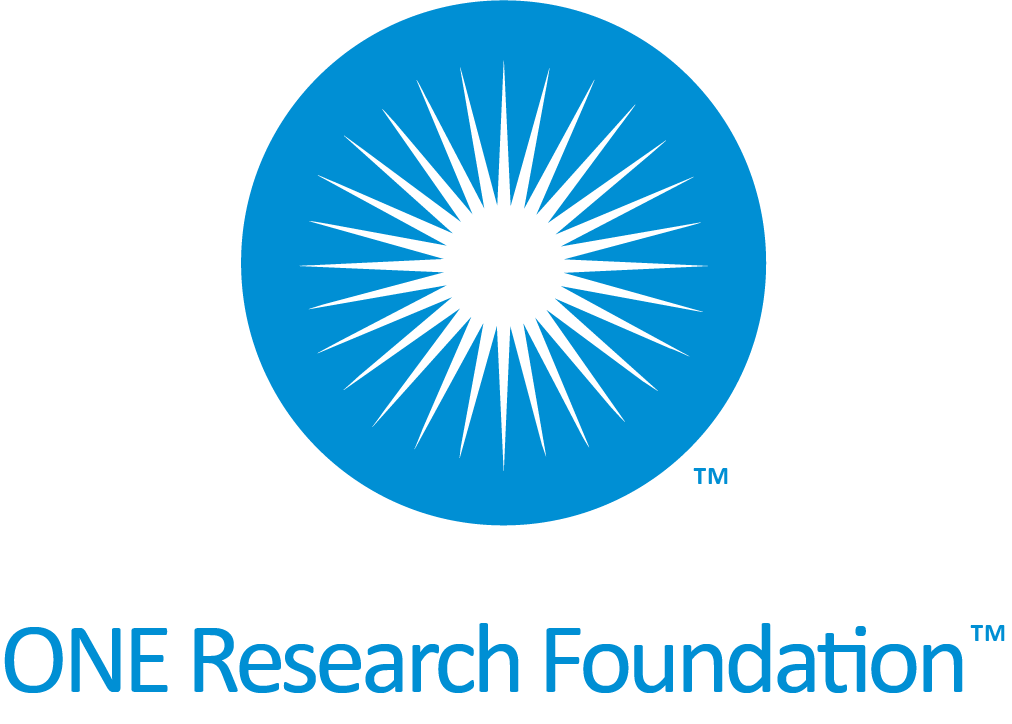Stress reduction via neuro-emotional technique to achieve the simultaneous resolution of chronic low back pain with multiple inflammatory and biobehavioural indicators: A randomized, double blinded, placebo-controlled trial
A randomized, controlled trial of CLBP patients indicated that 8 NET interventions, compared to placebo, produced clinically and statistically significant reductions in pain, disability and inflammatory biomarkers, and improvements in quality-of-life measures.
The Region of the Brain Used for Balance, Movement Also Involved in Processing Traumatic Memories
When a person is diagnosed and treated for long term potentially fatal diseases such as cancer, they often accumulate distressing and traumatic experiences along the way. A new study from the Marcus Institute of Integrative Health at Thomas Jefferson University reveals how Neuro Emotional Technique (NET) substantially alters the brain’s response to traumatic memories, and reveals the potential importance of the cerebellum in regulating the brain and body’s response to traumatic stress.
Changing the Lives of People with Post-Traumatic Stress Disorder
The ONE Research Foundation is proud to announce the publication of "Neuro-Emotional Technique (NET) Reduces Symptoms of Traumatic Stress in Cancer Survivors". The study focuses on 23 cancer patients who had distressing cancer-related experiences that caused traumatic stress. Some received NET and others were waitlisted to a control. All patients received a functional magnetic resonance imaging (fMRI) while listening to the story of their distressing cancer memory before and after NET.
“The results of the study were really quite dramatic. In just four to five brief sessions, patients who received NET reported much less distress, their overall emotional state improved significantly and the way their brains reacted to stress cues normalized.”
The scans after NET (as seen in the photo above) display a dramatic reduction in the brain's response to trauma, validating the powerful effects of NET on the brain.
“I was fairly skeptical and I feel like I am living proof this works”
This groundbreaking paper is the culmination of years of research and would not have been possible without funding provided by generous donations from our members.
Background and Rational for this Research
Almost 1.5 million people in the United States alone are diagnosed with cancer each year (American Cancer Society, 2007). Receiving a cancer diagnosis can be a highly distressing event, so much so that the American Psychiatric Association (1994) categorizes such an experience as a traumatic stressor. A growing body of evidence suggests an association between emotional distress and negative health outcomes.
Among cancer patients, psychosocial factors such as stress (McGarvey, Canterbury, & Cohen, 1998), poor coping (Alter, et al., 1996), and perceptions of illness in relation to self and the outside world (Sterling & Eyer, 1981) can negatively impact health status. Preclinical data also suggests that high amounts of stress-related chemicals may increase tumor growth.
The number of cancer survivors in the United States has more than tripled in the past three decades, raising the importance of research-based treatments for the distress associated with cancer diagnosis and treatment (Monti, Sufian & Peterson, 2008).
To access research proposal: Assessment of NET for Decreasing Traumatic Stress Symptoms in Cancer Survivors Using fMRI Graphics and Other Objective Data, please contact office@onefoundation.org.









